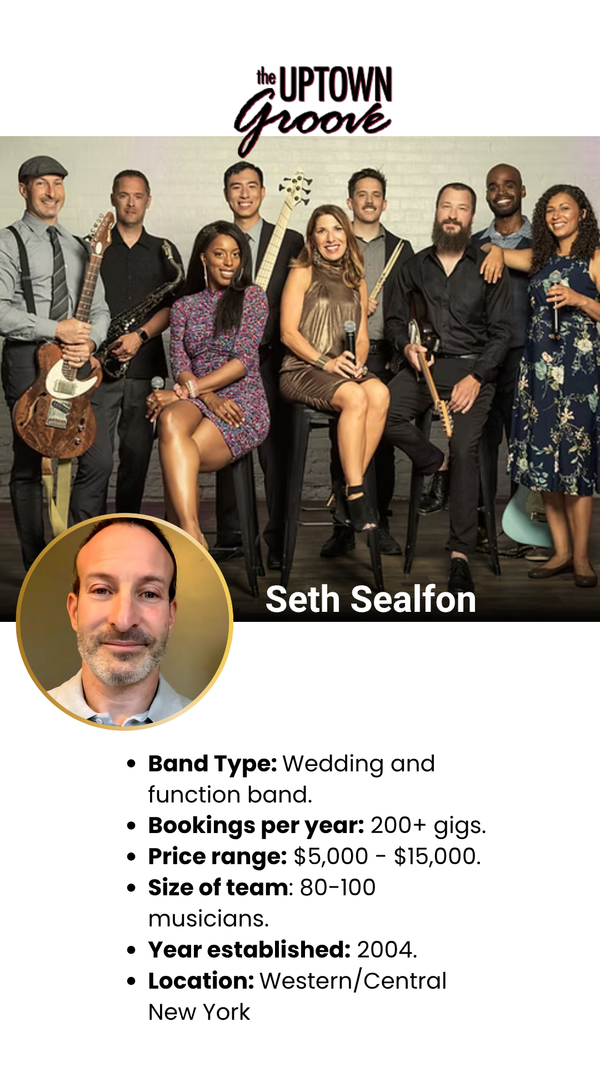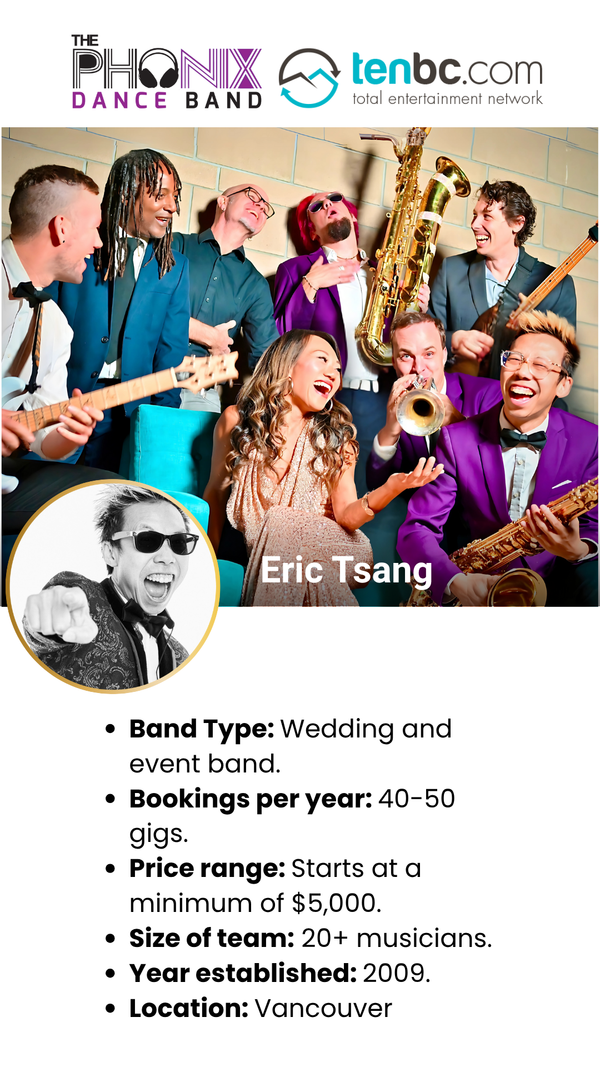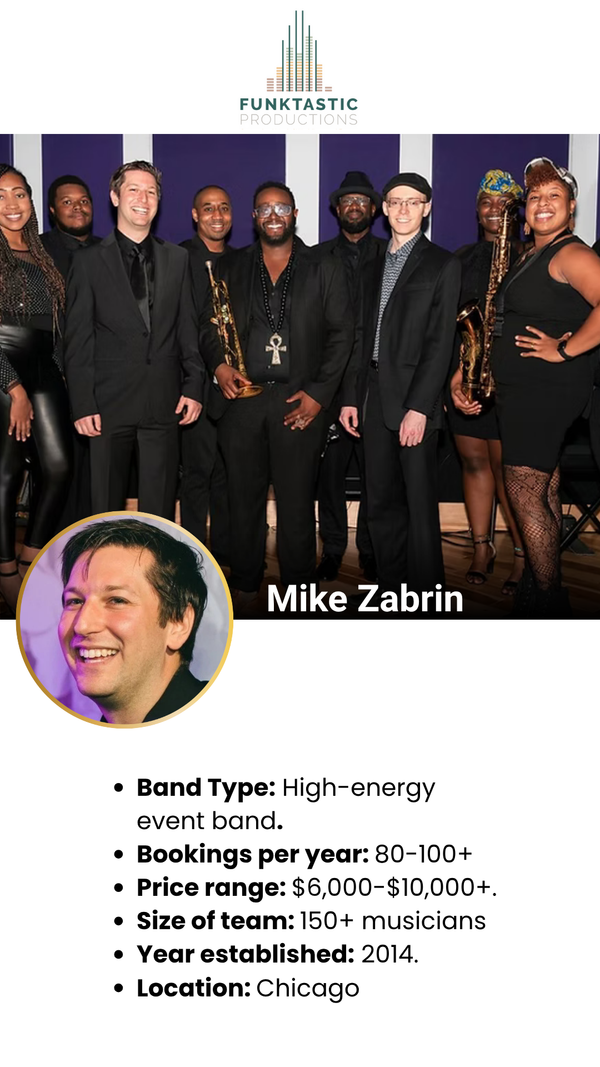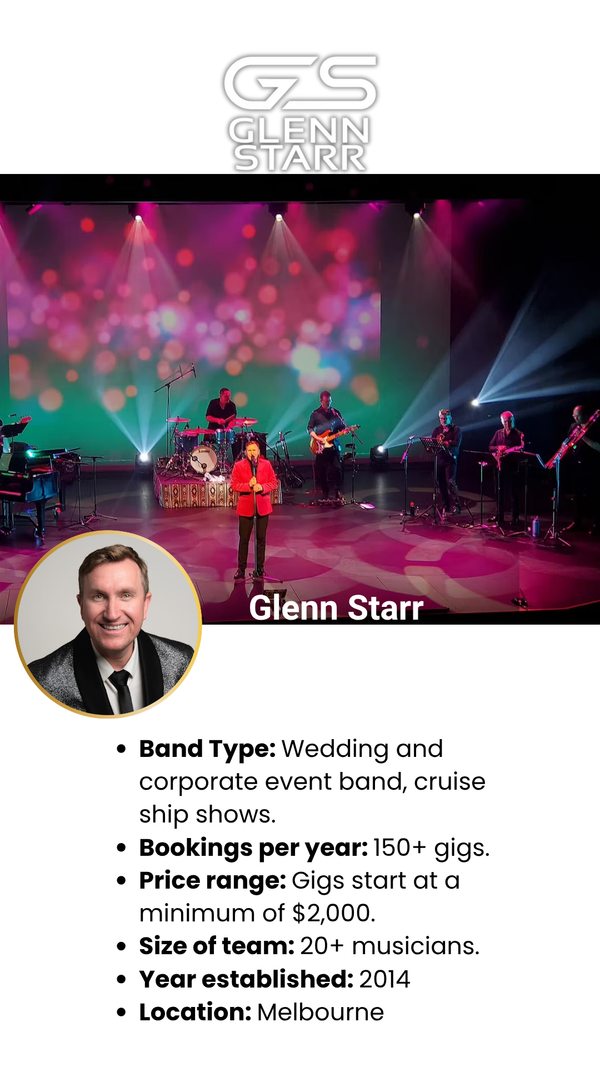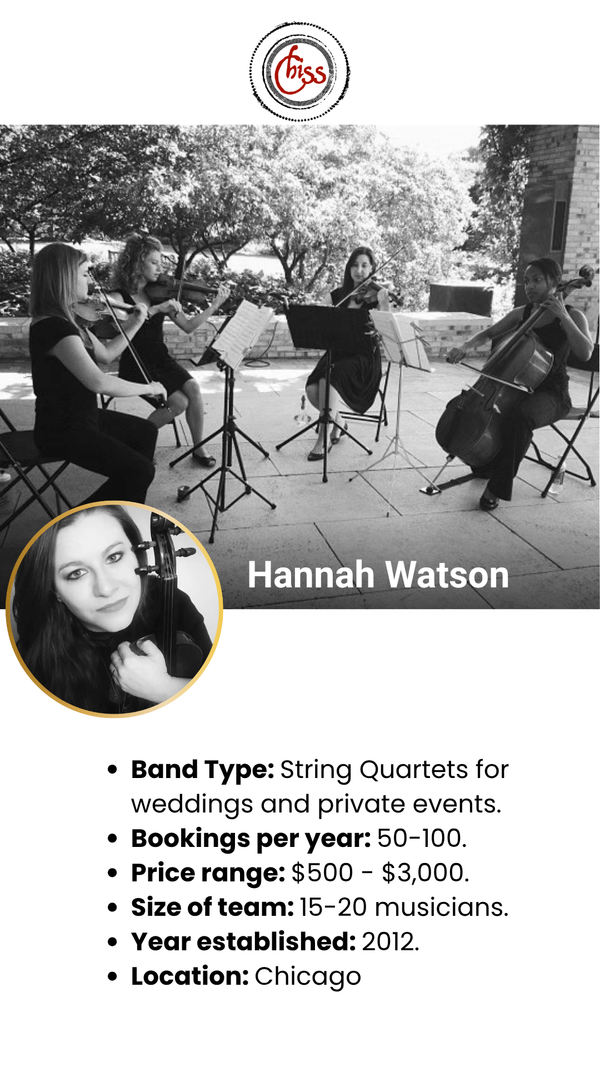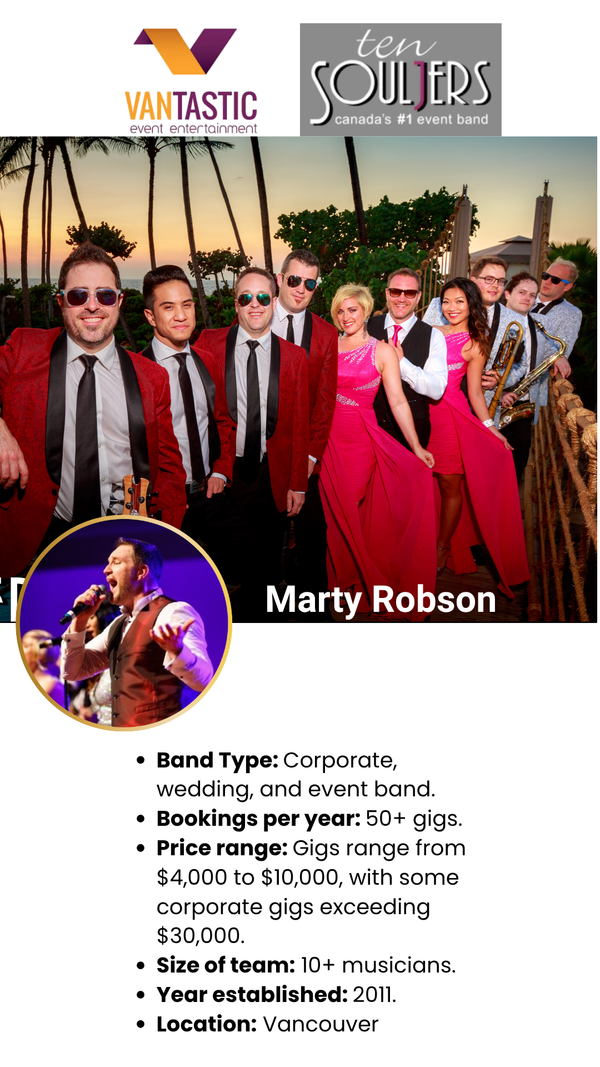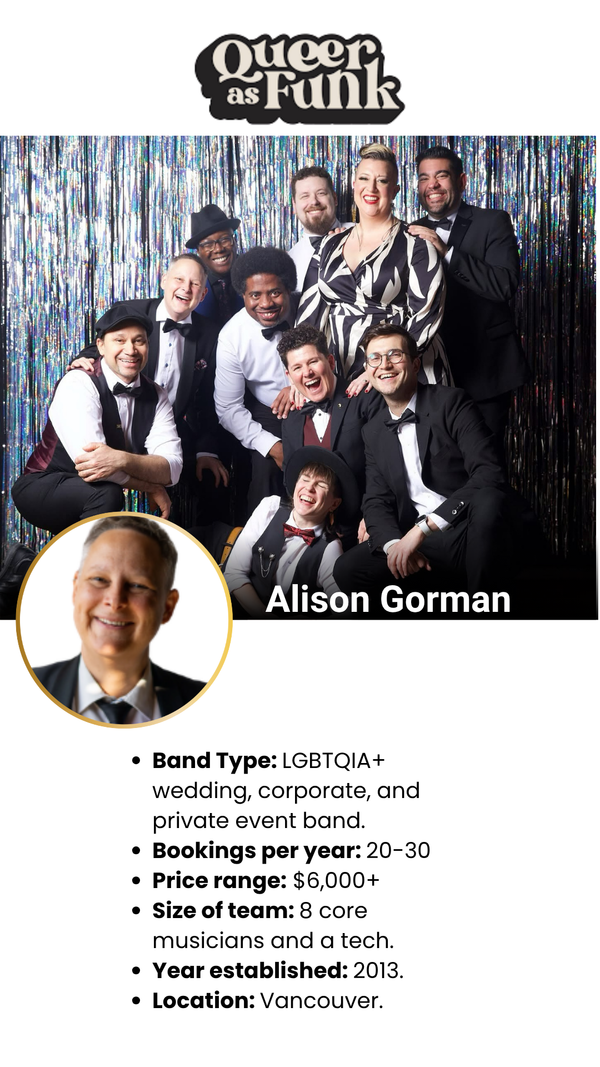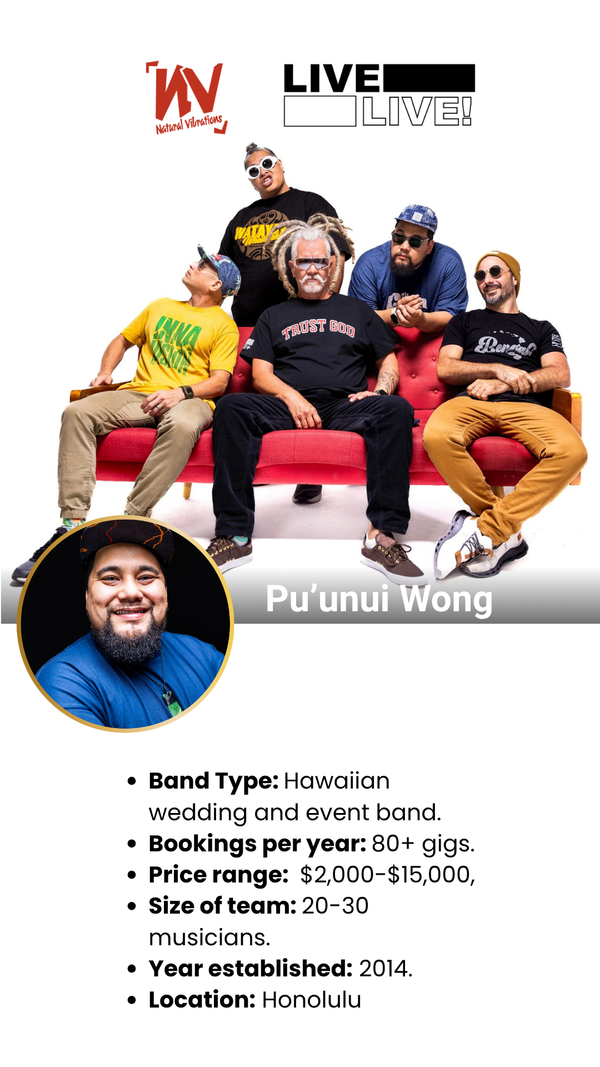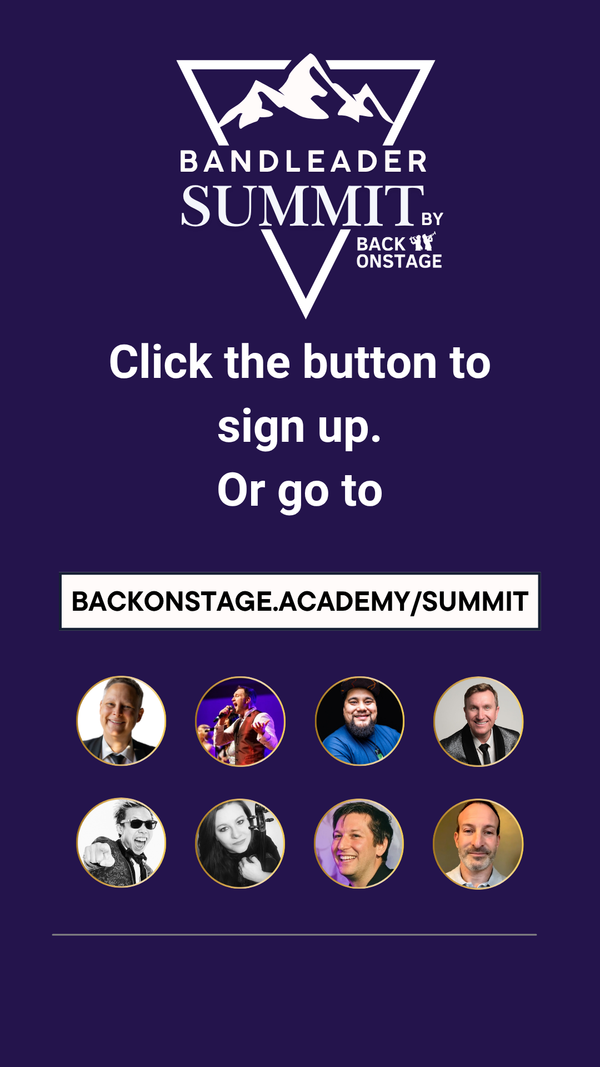From Chaos to Order: Entertainment Calendar Apps for Live Music Venues
Managing the entertainment calendar for a live music venue is like herding cats. Managers know that things can quickly descend into chaos when juggling multiple events, artists, and bookings.

Entertainment calendar apps are the solution for music venues and agents to manage their bookings in one centralized place. But what should you look for in one of these apps?
In this blog post, we will explore venue calendar management platforms and the features you need.
The Role of Technology in Streamlining Music Venue Operations
Technology plays a crucial role in calendar apps. It can streamline operations by handling functions and data across multiple venues. Managers can efficiently manage various venues from a single dashboard.
Entertainment calendar apps can easily schedule and promote shows, handle ticket sales, and track attendance. By integrating ticket sales data, venues can gain valuable insights into audience preferences, allowing them to optimize their strategies and refine their offerings.
Technology also enables venues to automate tasks like inventory management, staff scheduling, and food and beverage stock control. Integrating ticket sales data ensures that they are well-prepared for each event. Automation streamlines operations, reduces errors and labor costs. It also increases revenue and customer satisfaction.
Enhancing Venue Operations with Technology
Entertainment calendar apps have revolutionized the way live music venues operate. They can streamline various aspects of venue management, such as:
- Centralized Event Management: Entertainment calendar apps allow venues to manage everything from one place. From scheduling and booking to ticketing and promotion, these apps eliminate the need for multiple tools and reduce administrative tasks.
- Real-Time Updates: Keeping event information up to date is crucial for live music venues. Entertainment calendar apps enable instant updates to event details, such as changes in artist lineup, ticket availability, or show times. The app ensures both staff and attendees have access to the most accurate and current information.
- Ticketing and Sales: Many entertainment calendar apps offer integrated ticketing and sales features. These features allow venues to sell tickets directly through the app, eliminating the need for third-party ticketing platforms. Additionally, these apps provide analytics and reporting tools to track ticket sales, revenue, and customer data.
- Communication and Collaboration: The best calendar apps facilitate seamless communication between venue staff, artists, promoters, and other stakeholders, reducing miscommunication and enhancing productivity. They offer features like messaging, notifications, and shared calendars for efficient coordination and collaboration.
- Promotional Tools: Marketing and promotion play a crucial role in attracting audiences to live music venues. Entertainment calendar apps typically offer promotional tools such as social media integration, email marketing, and personalized event recommendations. These features help venues reach a wider audience, increase ticket sales, and build a loyal customer base.
- Analytics and Insights: Data-driven insights are essential for making informed decisions and improving venue operations. Entertainment calendar apps often provide analytics dashboards and reporting such as attendance patterns, ticket sales, customer demographics, and marketing effectiveness. This data can help venues optimize their marketing strategies, identify trends, and refine their offerings.
Recommended Entertainment Calendar Apps
Now that we’ve covered the key features let’s take a closer look at some of the top entertainment calendar apps available:

1. Prism: Prism is an all-in-one solution for venues, promoters, and booking agencies. It combines the tools needed to manage live events into one automated system. It includes an intuitive, sharable calendar, view ticket sales, and access to all live event information from a single dashboard. The app allows you to generate offers and contracts and manage deposits and payments. It eliminates errors by doing all the calculations for you. Prism makes it easy to track revenue and expenses for every show. You’ll have all the financial data you need to stay profitable and ready for tax time. It’s an easy-to-use, comprehensive event management software designed by music professionals for the industry.
2. GigPlanner: GigPlanner is an online calendar. CRM and task manager for anyone in the live music industry. It offers an intuitive interface, robust artist and agent management features, and seamless ticketing integration. GigPlanner manages your schedule in one central hub and can automatically inform all members of the latest developments. It has advanced analytics and reporting capabilities to help venues track their performance.

3. EventMaster: EventMaster has features such as event scheduling, artist management, communication tools, and ticket-selling integration. EventMaster also provides customizable branding options and detailed analytics reports. It works well for live music events as well as other live events such as fundraisers, sports, corporate, and theater events.
We recommend that you check the details of each of these apps before deciding which is right for your business.
Real-life Examples of Venues Benefiting from Entertainment Calendar Apps
To understand the impact of entertainment calendar apps, let’s take a look at two real-life examples of music venues that have successfully implemented these apps:
The White Oak Music Hall: Houston’s White Oak Music Hall suffered tremendously during the COVID-19 shutdown. General Manager Luis Rivera decided to use the downtime to upgrade by incorporating the Prism.fm app. Since replacing spreadsheets with Prism, they have increased productivity by 100%. “Because we operate three venues, there’s a lot more to manage. Prism has reduced an hour of work down to 30 seconds,” Luis says.
The Fillmore: The Fillmore, a historic music venue in San Francisco, chose GigPlanner to manage their entertainment calendar. The app includes artist management capabilities and advanced analytics. It helped The Fillmore maintain a comprehensive database of artists and track event performances. Additionally, GigPlanner’s ticketing integration allowed them to provide a seamless ticket-purchasing experience for their patrons.
Tips for Successful Implementation and Usage
To make the most of an entertainment calendar app, here are some tips for successful implementation and usage:
- Train the staff on how to use the app effectively. The training will help streamline operations and minimize errors.
- Sync calendars on the entertainment calendar app with other calendars, such as staff schedules or marketing campaigns. Synchronization keeps everyone on the same page and avoids conflicts.
- Promote the app with everyone, including artists, agents, and patrons. Encourage them to download the app and stay updated on upcoming events.
- Collect Feedback from staff, artists, and patrons to find areas for improvement and ensure the app continues to meet the venue’s needs.
Keep working with everyone to get comfortable with using your chosen app to gain the most benefits from it.
Successful Venue Organization
Bar and club event organization has never been easier with the latest venue calendar management and event scheduling tools. Throughout this blog, we have explored the various ways these apps can significantly impact and improve the organization of venues. By implementing these measures, venue owners and managers can streamline operations, boost customer experience, and become more profitable.
Additionally, the integration of technology solutions such as ticketing systems, digital signage, and contactless payment options can further enhance the overall organization of venues. These advancements not only provide convenience to customers but also streamline processes for staff, allowing them to focus on delivering exceptional experiences. Efficient operations lead to improved productivity, reduced costs, and increased customer loyalty. It is a win-win situation for all stakeholders involved.
Visit Back On Stage to try out the live band management features, share your feedback, and subscribe to our newsletter for more updates. Follow us on social media for the latest news and tips on managing live music events.







